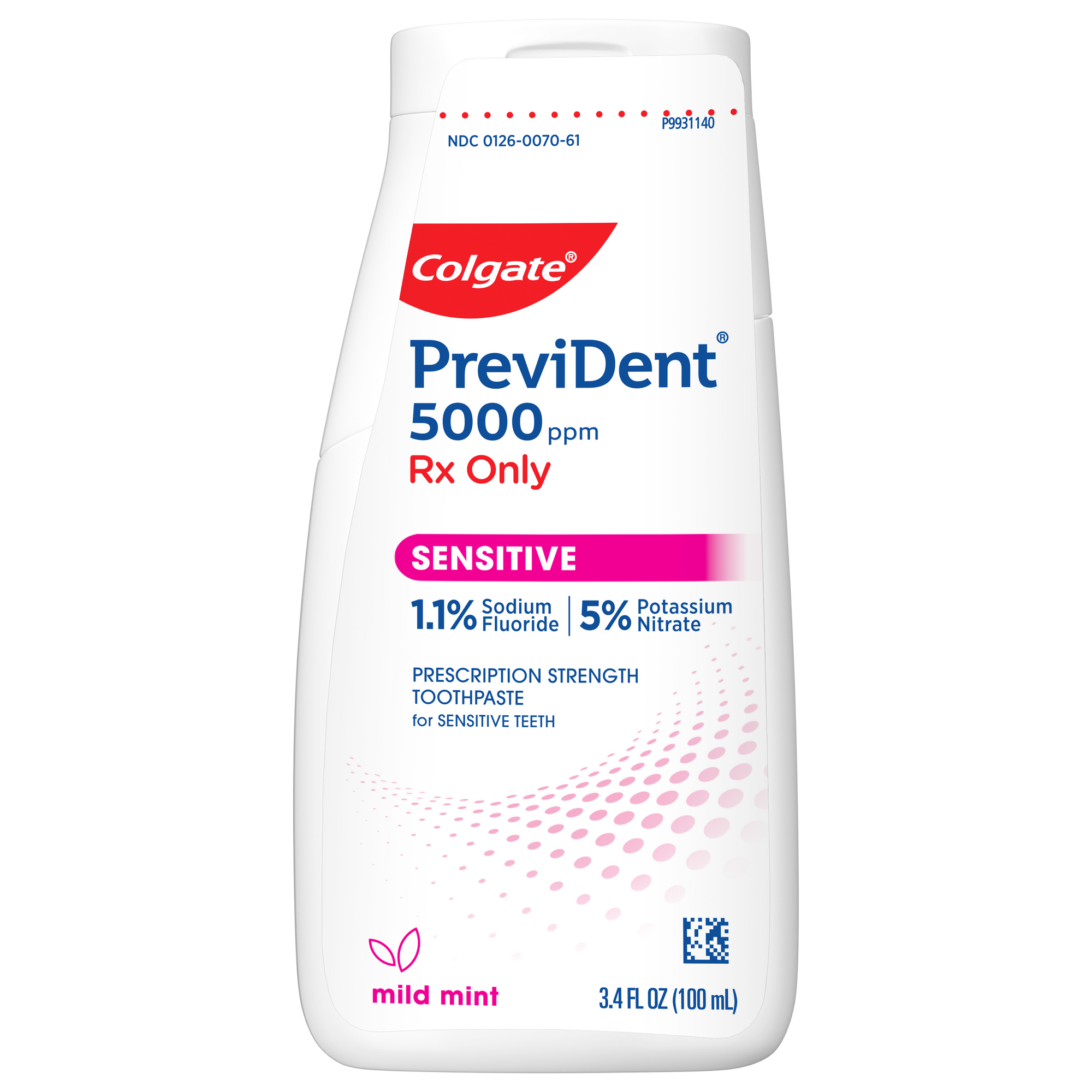-
Top Professional Products



-
Professional Articles
- Caries
- Dry Mouth
- Enamel Erosion
- Gum Issues
- Orthodontics
- Pediatric
- Sensitivity
- Whitening
- Social Responsibility
- Career Development
Try the new Colgate dental stuDENT app today

-
Gum Health Physical Tool
Assess your patients' gum health in your office using this tool and send them home with a personalized report.

-
Oral Health Commitment
- Oral Health Commitment
- Bright Smiles, Bright Futures
- Educational Resources
- Mobile Dental Van
- Volunteer
- Home
- Resources for Dental Hygienists | Colgate® Professional
- Resources for Dental Professionals | Colgate® Professional
- Managing Caries Risk for Patients with Sjögren's Syndrome

Sjögren’s syndrome is an auto-immune disorder that is characterized by dry mouth and dry eyes, and often accompanied a connective tissue disorder such as rheumatoid arthritis or lupus. It is most common in women over 40 years-of-age. Sjögren’s syndrome can be difficult to diagnose because the patients’ signs and symptoms can be similar to other conditions and there are several causes for dry mouth including medications. Blood tests for antibodies, dry eye tests, salivary testing and biopsies are available for an objective diagnosis of Sjögren’s syndrome. Having dry mouth increases a patient’s caries risk, and reduced salivary flow results in reduced clearance of foods, dental plaque and bacterial acids, as well as reduced buffering capacity. It is important to provide and recommend appropriate preventive measures in order to help prevent dental caries.
Reviewing brushing and flossing habits is important to educate patients on how best to perform oral hygiene and reduce dental plaque. Discussing home care habits and the patient’s current diet is essential to advise patients on reducing sugar intake. Patients may sip on drinks or suck on hard candies containing sugar to help keep their mouth from becoming uncomfortably dry. These habits contribute to an increased caries risk. Patients can be advised to only use sugar-free chewing gum or hard candies to avoid risk for dental caries, and to sip water.
One of the most important recommendations that dental professionals can make for caries prevention for patients with Sjögren’s syndrome is the use of fluoride, both in-office treatments and home use. These help to inhibit demineralization and to promote remineralization. The use of 5% sodium fluoride varnish, while an “off label” use, has been proven effective in caries management, with applications recommended at least two to four times a year for patients of all ages with an increased risk for dental caries. Colgate PreviDent Varnish is a great option to offer to your patients due to the smooth application and fabulous taste.
A prescription level 5000 ppm home use fluoride is recommended for daily use, typically once-daily, in place of a regular fluoride toothpaste, for increased protection against dental caries. Colgate PreviDent 5000 Dry Mouth is a prescription level fluoride and has also been shown to remineralize root caries in as little as 3 months (38%) and 6 months (57%). It is SLS-free which is less irritating and drying to the tissue. Fluoride gels containing 5000 ppm fluoride may also be used in a custom tray that holds the gel against the dentition and can be beneficial with once-daily use.
It is important to provide patient education to patients with Sjögren’s syndrome at every visit to help them stay motivated and take ownership of their oral health. Patients may look for anything that may help their dry mouth in desperation and sometimes those choices may not be the best without them realizing it. As dental professionals, it is our duty to stay up to date on the latest products and research to ensure that patients are being provided the best patient education and recommendations possible. While a proper diet and home care play an important role in caries risk, it is imperative for patients to understand that fluoride varnish and fluoride prescription toothpaste are effective ways to reduce their caries risk and help prevent and manage dental caries
Related Articles

Practice Management
How to Talk to Patients About Dry Mouth SymptomsAs a dental hygienist, your patients look to you for guidance about their dry mouth symptoms and for suggestions on how to get relief from dry mouth.

Practice Management
D4910: When and For How Long Is Periodontal Maintenance the Right Code?Deciding when to use the code D4910 can often be confusing. Patients don't always understand the necessity of this treatment and only want what their insurance covers. As a provider, you want to use the code that matches the treatment provided. Read on for clarification on this topic.

Practice Management
Uncovering Dietary Causes of Dental ErosionDietary choices are one of the primary causes of dental erosion. Here’s how to start the conversation with your patient to understand and manage their dietary erosion risk factors.
Related Products

Help Keep Patients More Informed
Share articles, videos and PDFs to help your patients learn more about specific conditions and effective treatments for a healthier smile.





